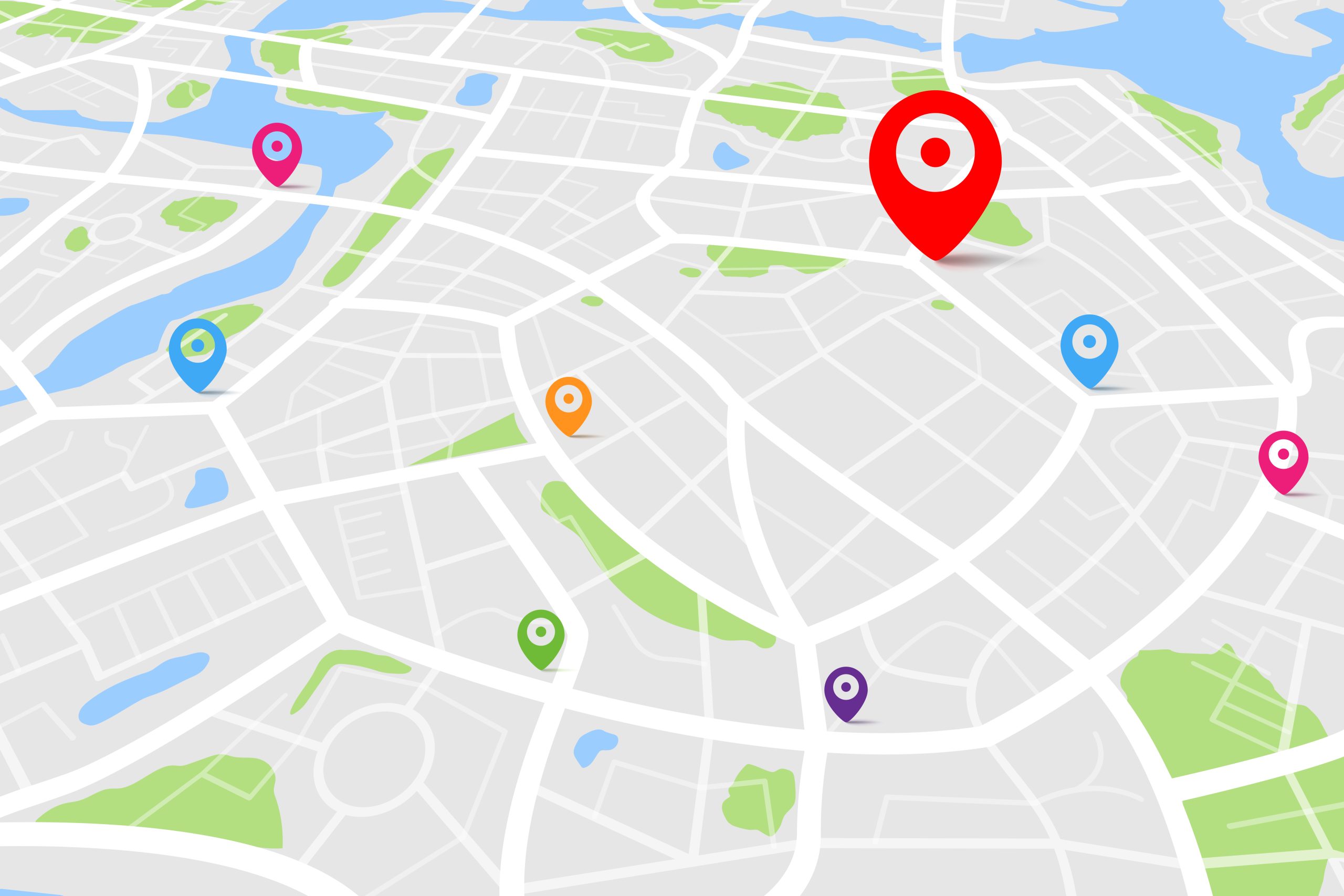
Are you looking to dominate the local search results and outrank your competition? Understanding Google’s local authority ranking factors is key to achieving this goal. With more and more people turning to Google to find local businesses, it’s crucial to position your business prominently in the search results.
Google uses a variety of factors to determine the local authority of a business and to rank it in local search results. These factors include proximity to the searcher’s location, relevance to the search query, and the prominence of the business.
By optimizing your website and online presence to align with these factors, you can significantly improve your chances of ranking higher in local search results. This means more visibility, more traffic, and ultimately, more customers.
In this article, we will delve into the world of local authority ranking factors and provide you with actionable tips and strategies to boost your local search rankings. Whether you are a small business owner or a digital marketer, understanding these factors will give you a competitive edge and help you dominate the local search results. Let’s get started!
The importance of local search for businesses
In today’s digital age, local search has become a vital component of any business’s online marketing strategy. More and more people are using search engines to find local businesses and services, making it crucial for businesses to appear in the local search results.
When someone searches for a product or service in their area, Google’s local search results display businesses that are relevant and nearby. This presents a huge opportunity for businesses to connect with potential customers who are actively searching for what they offer.
By dominating the local search results, businesses can gain a competitive edge and attract more customers. Local search results often appear at the top of the search engine results page (SERP), giving businesses increased visibility and credibility.
Key local authority ranking factors
To dominate the local search results, it’s important to understand the key local authority ranking factors that Google takes into account. These factors influence how Google determines which businesses to display in the local search results.
Proximity to the Searcher’s Location
One of the most significant factors in local search rankings is proximity to the searcher’s location. Google aims to provide searchers with the most relevant results based on their location, so businesses that are closer to the searcher are more likely to appear in the local search results.
To optimize for proximity, it’s important to ensure that your business’s location information is accurate and up to date. This includes having a physical address listed on your website and other online directories, as well as accurate map information.
Relevance to the Search Query
Google also considers the relevance of a business to the search query when determining local search rankings. This means that businesses that are more closely related to the search query are more likely to appear in the local search results.
To optimize for relevance, it’s important to conduct thorough keyword research and identify the keywords that are most relevant to your business. Incorporate these keywords into your website’s content, meta tags, and headings to signal to Google that your business is relevant to those search terms.
Prominence of the Business
The prominence of a business is another important factor in local search rankings. Google considers the prominence of a business based on its online reputation, reviews, and overall visibility on the internet.
To optimize for prominence, it’s important to actively manage and monitor your online reputation. Encourage satisfied customers to leave positive reviews on platforms like Google My Business, Yelp, and Facebook. Respond to both positive and negative reviews in a professional and timely manner to show that you value customer feedback.
Optimizing your Google My Business listing
Google My Business (GMB) is a powerful tool for optimizing your business’s local search presence. It allows you to create and manage your business listing on Google, ensuring that your business information is accurate and up to date.
To optimize your GMB listing, follow these tips:
1. Claim and verify your business listing on GMB.
2. Provide complete and accurate information about your business, including your business name, address, phone number, and website.
3. Choose the most relevant categories for your business.
4. Upload high-quality photos that showcase your business and its offerings.
5. Regularly post updates, promotions, and events on your GMB listing to engage with potential customers.
6. Encourage customers to leave reviews on your GMB listing.
By optimizing your GMB listing, you can improve your chances of appearing in the local search results and attract more customers to your business.
Local keyword research and on-page optimization
Keyword research is a crucial step in optimizing your website for local search. By identifying the keywords that your target audience is using to find local businesses, you can create content that aligns with their search intent and improve your chances of ranking higher in the local search results.
To conduct local keyword research, consider the following steps:
1. Identify the main keywords related to your business and location.
2. Use keyword research tools like Google Keyword Planner, SEMrush, or Moz Keyword Explorer to find related keywords and search volume data.
3. Analyze the search intent behind these keywords and create content that aligns with it.
4. Optimize your website’s meta tags, headings, and content with these keywords to signal to Google that your website is relevant to local search queries.
By incorporating local keywords into your website’s content and optimizing your on-page elements, you can improve your chances of ranking higher in the local search results and attract more targeted traffic to your website.
Building local citations and online reviews
Local citations and online reviews are crucial for building your business’s online authority and credibility. Google considers the number and quality of online citations and reviews when determining the prominence of a business in local search rankings.
To build local citations and online reviews, consider the following strategies:
1. List your business on reputable online directories and local business listings.
2. Ensure that your business information is consistent across all online directories.
3. Encourage customers to leave reviews on platforms like Google My Business, Yelp, and Facebook.
4. Respond to both positive and negative reviews in a professional and timely manner.
By building local citations and online reviews, you can improve your business’s online reputation and visibility, which can positively impact your local search rankings.
Mobile optimization for local search
As mobile usage continues to rise, it’s crucial to optimize your website for mobile devices to dominate the local search results. Google considers mobile-friendliness as a ranking factor, so businesses that have mobile-friendly websites are more likely to appear in the local search results.
To optimize your website for mobile, consider the following tips:
1. Use a responsive web design that adapts to different screen sizes.
2. Ensure that your website loads quickly on mobile devices.
3. Optimize your website’s navigation and user experience for mobile users.
4. Make sure that your content is easily readable on mobile devices.
By optimizing your website for mobile, you can provide a seamless user experience for mobile users and improve your chances of ranking higher in the local search results.
Local link building strategies
Link building is an essential component of any SEO strategy, and it’s equally important for dominating the local search results. By building high-quality, relevant links to your website, you can improve your website’s authority and visibility in the local search results.
To build local links, consider the following strategies:
1. Reach out to local businesses and organizations for partnerships and collaborations.
2. Sponsor local events or community initiatives and ask for a link back to your website.
3. Create valuable local content that other websites would want to link to.
4. Guest post on local blogs or contribute articles to local publications.
By implementing these local link building strategies, you can improve your website’s authority and visibility in the local search results.
Tracking and monitoring your local authority ranking
Tracking and monitoring your local authority ranking is crucial to understanding the effectiveness of your optimization efforts and making data-driven decisions. By regularly monitoring your local search rankings, you can identify areas for improvement and make adjustments to your strategy accordingly.
To track and monitor your local authority ranking, consider the following steps:
1. Set up Google Analytics and Google Search Console to track your website’s performance and search visibility.
2. Use local SEO tools like Moz Local, BrightLocal, or Whitespark to track your local search rankings and monitor your online citations.
3. Analyze your website’s traffic and engagement metrics to understand how users are interacting with your website.
By tracking and monitoring your local authority ranking, you can gain valuable insights into your website’s performance and make informed decisions to improve your local search presence.
Conclusion and next steps
Dominating the local search results is a powerful way to attract more customers and gain a competitive edge. By understanding Google’s local authority ranking factors and implementing the strategies outlined in this article, you can optimize your website and online presence to rank higher in local search results.
Remember to optimize your Google My Business listing, conduct local keyword research, build local citations and online reviews, optimize your website for mobile, implement local link building strategies, and track and monitor your local authority ranking.
With these actionable tips and strategies, you’ll be well on your way to dominating the local search results and attracting more customers to your business. Start implementing these strategies today and watch your local search rankings soar!




